#build a problem
Explore tagged Tumblr posts
Text

dodie!!!! I've been listening to the build a problem album on repeat all day and I'm quite emotional. So, Dodie in a suit from the four tequilas down video!!! :D
[ID: semi-realistic, full color digital drawing of the artist Dodie. She's a white woman, with long, dark brown hair, and brown eyes. She's shown from the shoulders up, wearing a black suit jacket and tie over a white button up shirt. Her hair is pulled into a loose ponytail, with several fly-aways framing her face. She's sitting in a car, with a large window behind her, and looking off to the side with a neutral expression. Surrounding her are the words "four tequilas down" in messy 3D block letters. END ID]
53 notes
·
View notes
Text
so um i just realized that "?", "four tequilas down" "." AND BOTH "sorry" AND "when" ARE ALL CHRONOLOGICALLY CONNECTED TO THE POINT THAT ALL 5 HAVE SEAMLESS TRANSITIONS SO UM YEA I DIDN'T KNOW THAT THIS ALBUM IS ACTUALLY A WHOLEASS MOVIE WHAT THE FUCK DODIE-
#I HAVE SO MUCH TO RAMBLE ABOUT HERE CAUSE HOLY FUCK THIS IS GENIUS#also yea um I went straight to tumblr to type this out after listening to Sorry#cause I DO NOT WANT TO LISTEN TO WHEN YET CAUSE I *KNOW* I WILL CURL UP IN A BALL AND CRY LIKE A BABY#WHEN *HURTS* OKAY#AND I DO NOT WANNA CRY WHILE SWEEPING THE FUCKING FLOOR GJXJSJCJS#so um yea i am in absolute awe rn#dodie your mind fjxbs#dodie#build a problem#bap liveblog
21 notes
·
View notes
Text
Theo writes Celeste a sympathy card expressing his condolences on Emma’s death in the Starless Sky timeline. His handwriting is much less legible than usual, as if he had written it in tears, shaky-handed, or in a way meant to keep it from being recognized if intercepted. Knowing him, it’s most likely all three at once. He begins with correction tape on top of which is just written Celeste’s name (the implication being that he had begun it with “Dear” but took it back).
#theo gray#celeste anders#emma gardner#build a problem#build a problem musical#dodie#the authors look down#starless sky au
4 notes
·
View notes
Text
okay I don't know musical words or anything but,, the difference between when (intertwined version) and when (bap version) is so,, beautiful yet heartbreaking?
like I saw someone on twitter saying that the intertwined version is more hopeful and bap is more idk,, resigned and sad and they're so right?? like differences in the strings, the way intertwined when has so many more strings that the absence of them in bap version really makes it stand out? and it's almost like as time has gone on she's lost the hope of getting that feeling of being sixteen back she's just accepted it and that absence of strings makes the song so much quieter and sadder like a funeral for those memories and feelings. it feels so much older and sadder like it brings a sense of wisdom from the song while the older version was hoping she'd get those feelings back she's now just realised she won't? and even in the tone of the music? like again I don't know musical words but bap version is so much slower and quieter and softer than intertwined version which just changes the whole feel of the song? and the way the stings only comes in at the end and there's so many of them? idk it feels almost like acceptance of not feeling how she wants to but also the amount of strings feels like a sort of support? like friends or people who care for her being there for her and she'll get through this while intertwined version feels so much more idk, alone?
aLSO just the change in her voice and the way this whole album is produced really shows how she's grown as an artist and this is by far her best release yet I'm so amazed
#sorry i just can't get over this album#and when is one of my favourite songs of hers#i cant wait to listen to my revord of bap 🥺#mia rambles#dodie#build a problem
22 notes
·
View notes
Text
it will never not devastate me in my intense delusion that dodie chose to change the lyric in all my daughters from “i wail aloud i need it back” to “oh my g0d i need it back”
maybe it’s cause i listened to her original demo on youtube during quarantine so it was like… nostalgic?? in a way
#the poetic implication of wailing#dodie#build a problem#i literally did a whole project on why i thought dodie’s music qualifies as poetry#i’m completely normal about this
2 notes
·
View notes
Text
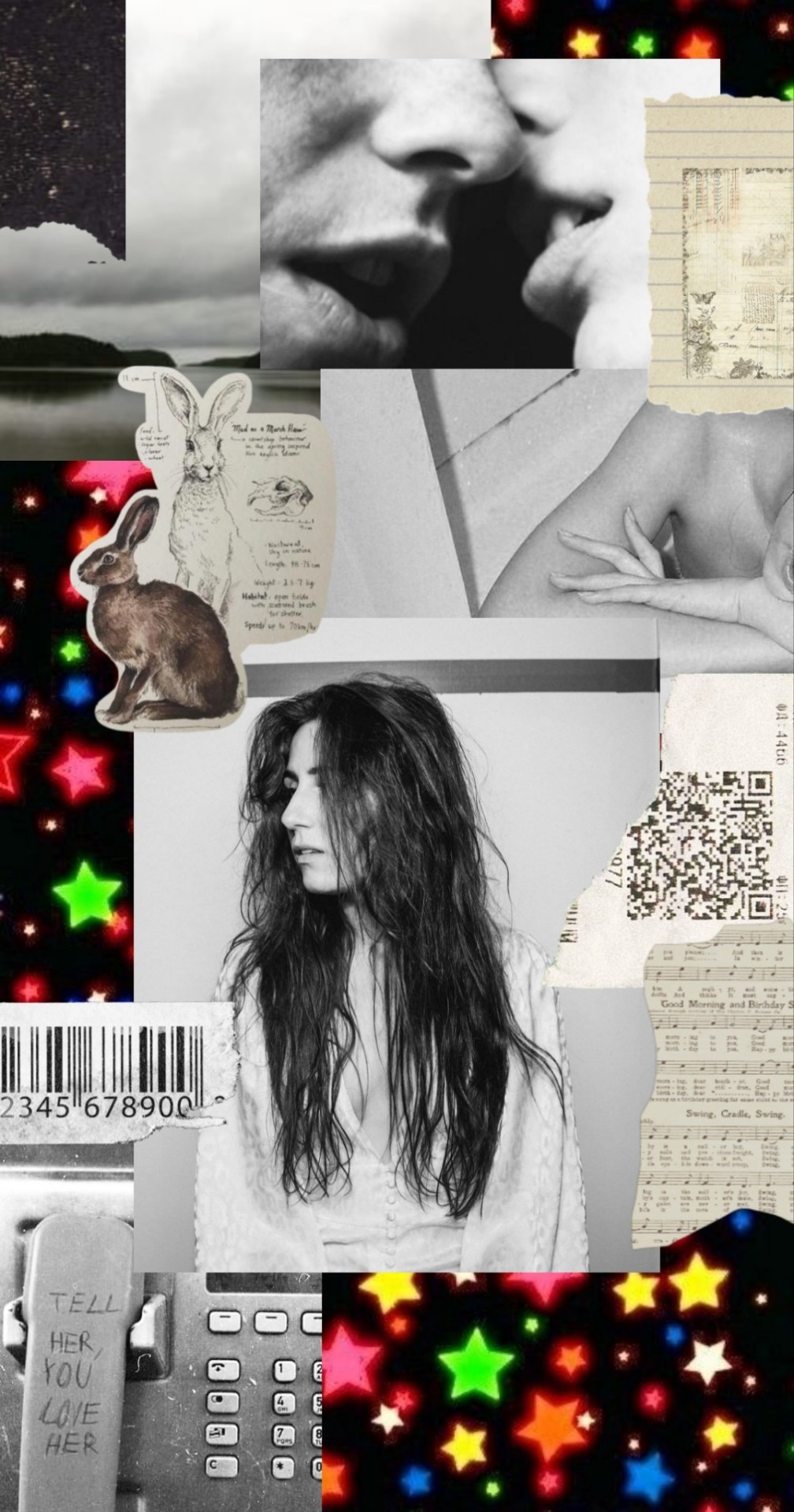
All Worked up for Something Dead
24 notes
·
View notes
Note
Having more thoughts on BAP...the handling of Theo, as I mentioned in the reblog to my last ask, is a rather delicate one. I think I want him to have made something of an effort to protect Celeste. He just makes the mistake of assuming too soon that his efforts automatically protect her; under that assumption, he doesn't realize that their interactions threaten his resolve. The matter is also complicated by the fact that Thomas' isolation of Celeste puts her in a position where she can really only get into her more personal discussions and be honest with Theo--in Thomas' head, a best friend (Emma) is a bigger threat than a math tutor. This isn't something Theo took advantage of; it's something he didn't know how to draw the line around because he doesn't want to leave her without any support. (It's a failure on his part to prioritize his responsibilities--he is technically not responsible for supporting her in this way, but he is responsible for avoiding temptation.)
AUGH. This might be turning into "nothing is wrong, just misunderstood," but I really do want him to try. I want to be clear that he's wrong, but I want him to have tried as well, if that makes sense.
Or maybe I'm the careless one for trying to write that, I don't know. Maybe I'm afraid to make him more outwardly careless because I know I'm sadly the same.
But it could also be truthful? That's a major could, but I feel like it's just as true to try and fail as it is not to try. I suppose that could make him a Thomas foil. Thomas doesn't try, doesn't care to try, and so fails Celeste; Theo cares enough to try, but doesn't go far enough and this is how he hurts her.
(OH GREAT I'M SURE I'M MAKING EXCUSES FOR HIM. Look at me. I am trying with writing truthful stories and I am not going far enough. Just the same. My goodness. Other people can do cautionary tales with a bit of sympathy. I might have overdosed on the sympathy. I'm sure you'll tell me as much.)
My advice is, lean into the thing you’re afraid of. You said you’re afraid to make him outwardly careless because you’re sadly the same? Writers and artists hit that wall without realizing it’s what’s holding them back all the time. You can feel like you’re not “breaking through” with a characters motivations or what they’re going to do in the story, only to find out that your lack of a breakthrough comes from our age-old habit of shying away from exposing our own character flaws or fears. They call it “being afraid to go there.”
So, yeah, you could choose to make him more outwardly rationalized, or try—or you could choose to make him more outwardly careless. You could do either, and depending on how well you do it, the story will be okay either way. But I say, out of those options, choose the version of his flaw that is most uncomfortable for you to explore. Especially and for sure because it’s a flaw you’re afraid you have. You know what that is? It’s genuine. You’ll infuse the story with what people in the business call “something real.” But you can’t do that if you’re afraid to—this is going to sound weird—admit you’re flawed by exploring that flaw in a character. Calling it he flaw what it is.
I don’t know what your church situation is like, but have you ever been in a small group, or even a conversation with s close friend, and they admit to doing or thinking something wrong? They just come out and say it, they don’t make excuses, they don’t spend all their words on explaining how they got there, they just call the sin what it is…and then suddenly, you find that it’s easier for you, the person listening, to notice that same wrongdoing or tendency in yourself? Because they said it, they explored it out loud, they were vulnerable, it made you introspective. It made you able to look at the flaw and recognize it wherever it might be found—even in yourself? All because somebody called it what it is, exposed it, dug into it, went there, and you BELIEVED them, and BELIEVED what they were saying was real—how could you not? Who would make up and then explore something so repugnant? Nobody; when you call character flaws and wrongdoings and bad motives what they are—which is sin, something to hate and get out of, evil—your audience’s response isn’t to give you positive attention. So why would you admit to the flaw and call it what it is? To get help. The doctor can’t scrape the infection out of the wound if he doesn’t know it’s there under your hand.
Anyway. That’s what good storytellers do. We go there and get vulnerable and infuse our stories with that real stuff, stuff that’s nasty, and we have the ability to do it because we’ve lived it—and we’re kind of sacrificing ourselves in that way. So that the audience might be served by you, exploring your flaws through your own characters, and warning the audience not to make the same mistake—or better yet, showing them hope beyond the flaw.

“We restore order with imagination. We instill hope again and again and again.”
Now, of course, it’s not wrong to show Theo “trying,” somewhat. You could keep that in there. Like we said in that Christian Need For Redemption post, you could tell a good story with either—an unredeemable monster or a sympathetically flawed, misguided character. But pick the thing that’s going to be real, AND is going to support your story’s main theme the best.
Just my two cents. If you work hard enough you can make either version of the character great.
#I like how thoroughly you think all this through#good job#build a problem#musical#theater#writing#thanks for asking#advice#I guess#storytelling
5 notes
·
View notes
Text
i absolutely love this album ♡
10 notes
·
View notes
Text
dodie is my most listened to artist of the year let's goooo
I kissed someone (it wasn't you) is literally the best song stg
4 notes
·
View notes
Text
what i love about build a problem especially listening to build a problem all at once is that the end of before the line always always makes me cry but then guiltless plays and i start laughing cause holy shit there really is no use getting angry at the way that theyre wired
5 notes
·
View notes
Text

"When," dodie
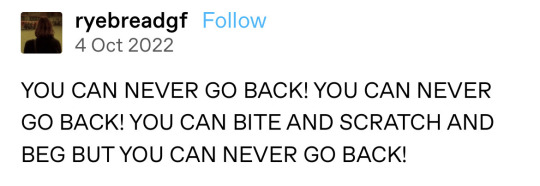

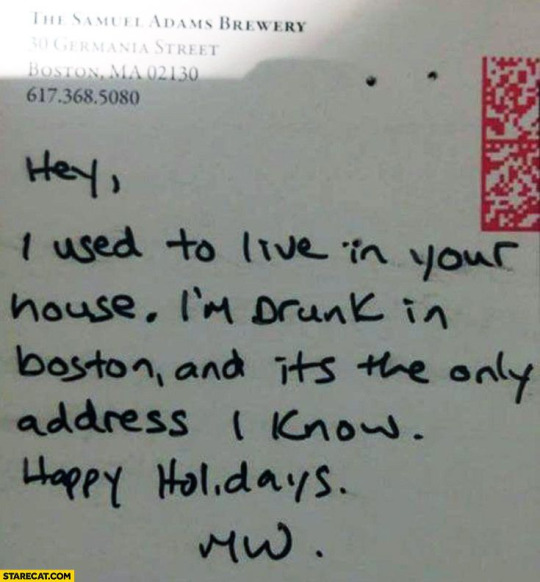
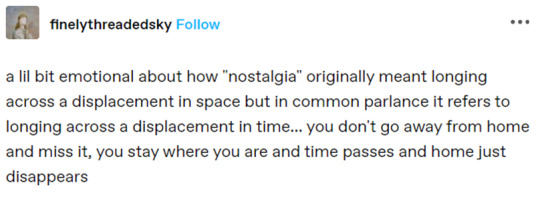

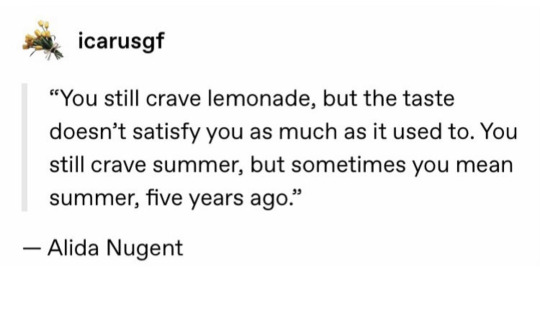

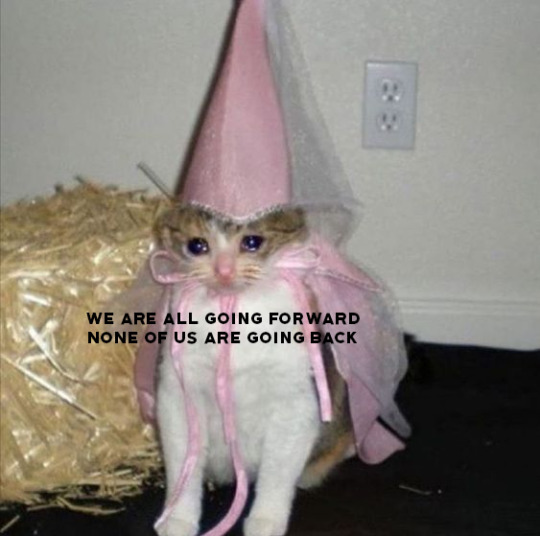


the ache of nostalgia
55K notes
·
View notes
Text
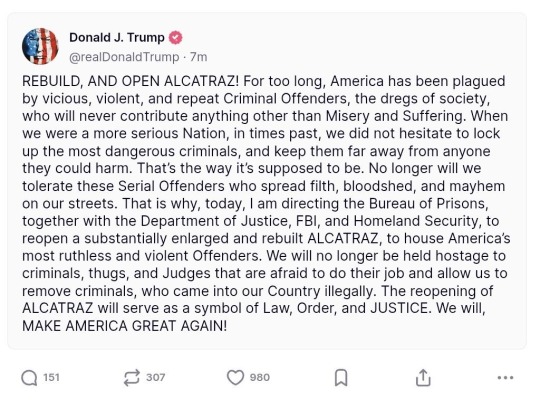
honestly between this and “the wall” this man just has terminal New York Real Estate Guy brain
#basically ‘me build big building = me solve problem’#and then ofc he neither builds the big building nor solves the problem#donald trump#politics#usa
3K notes
·
View notes
Text
Here’s Stars Restitched Emma as an ambulatory wheelchair user (using saszor OC maker by saszor and 2c4ub)! She can stand and walk short distances on flat surfaces, hence the cane, but her weakened right side leaves her off-balance, and she uses the chair (aluminum alloy) for more demanding terrain and longer distances. She’ll need it less and less as she goes through a lot of hard work at PT, though her balance may never quite return to what it was beforehand and the cane will be a fixture in her life. (If her hair’s a bit too long, no, it isn’t. None of the short-haired options suited her. Maybe she can grow it as a treat.)

#the authors look down#emma gardner#dodie#build a problem#build a problem musical#stars restitched au
4 notes
·
View notes
Text
"Boys Like You" has these little Bs played on the piano in the second and third choruses. They sound like car alarms warning the speaker to flee while she still can. I don't know if that was intentional, but I love it. It reminds me of the accelerating car sound in "Blue" by Madison Beer.
0 notes
Text
“Guiltless” begins as a song Emma writes in-universe.
Has your OC ever written a song?
#emma gardner#guiltless dodie#dodie#build a problem#build a problem musical#the authors look down#oc fun
334 notes
·
View notes
Text

like you're mine again
one last time
build a problem
dodie
0 notes